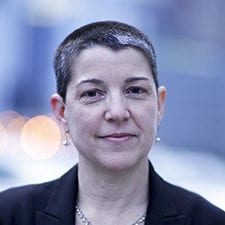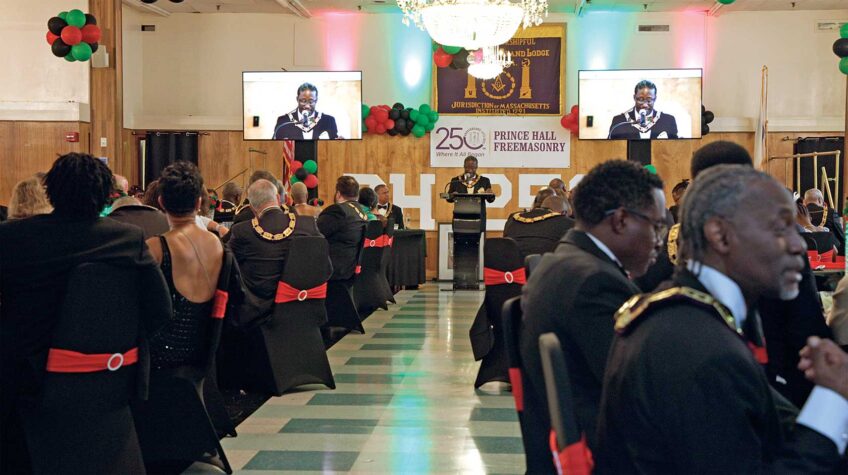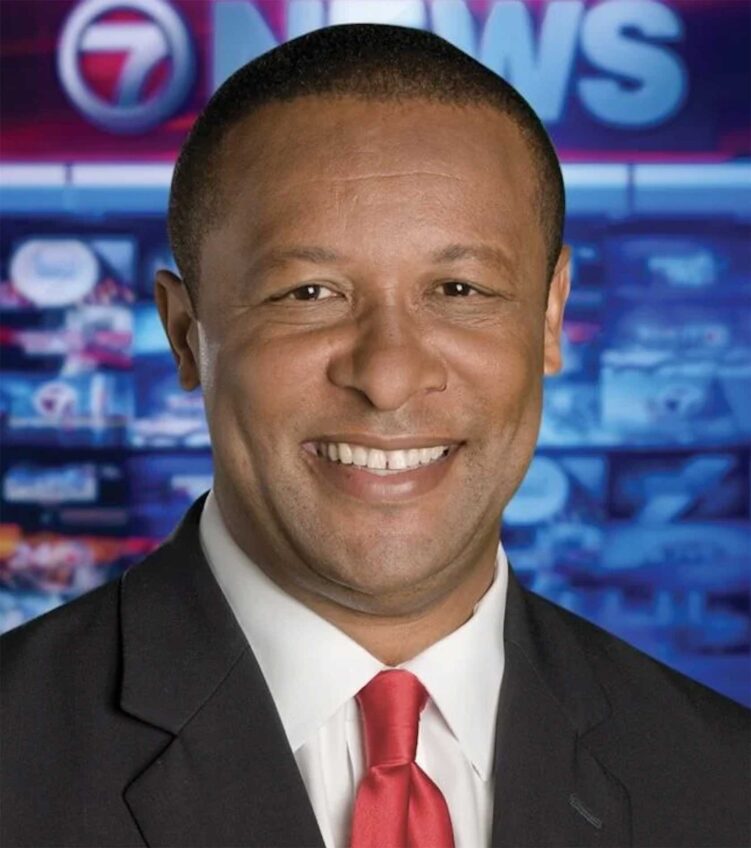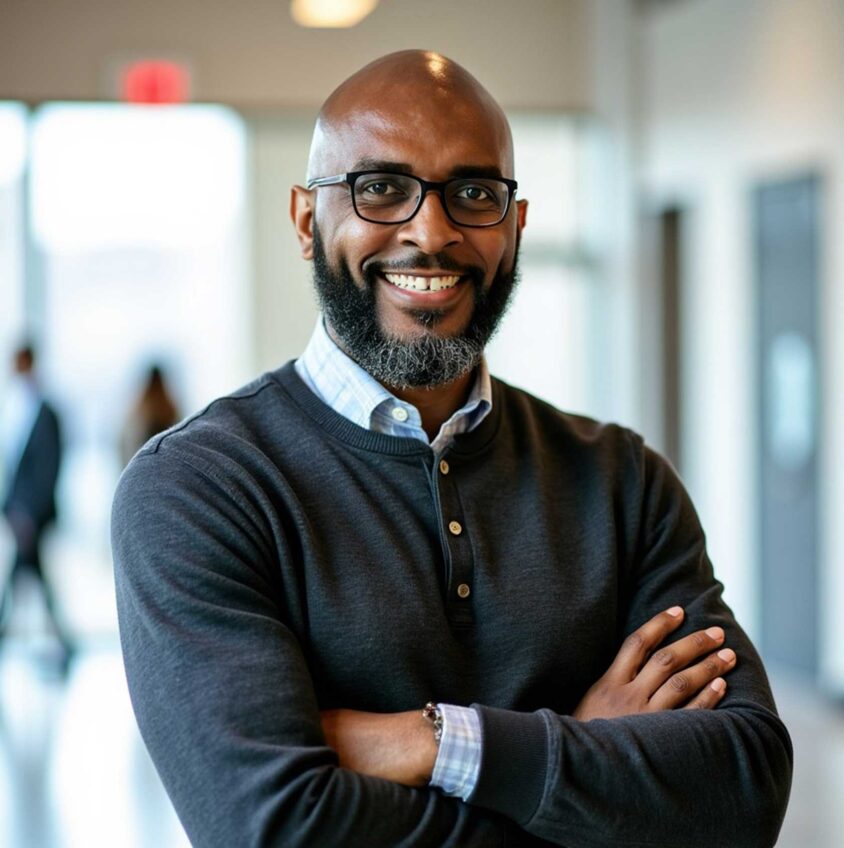
Newly-announced Interim Boston Public Schools Superintendent Laura Perille aims to delve into the difficult issues facing the district: the $1 billion BuildBPS plan that after three years remains short on details, the as-yet undefined high school redesign plan and the reworking of school start times that last year sparked a wave of parent outrage.
Perille, who is president and chief executive officer of the Boston nonprofit EdVestors, also plans to work to foster better relations between school leaders and the department’s central office, maintain better transparency and communication with parents and community members and ensure a smooth school opening in September. She replaces Tommy Chang, who stepped down in June three years into a five-year contract.
Building trust with these stakeholder groups may prove to be Perille’s greatest challenge.
Sworn in to the position by the Boston School Committee Monday, Perille has had no experience as a teacher or administrator and will need to receive a provisional superintendent license within 90 days of beginning the job. She takes the reins following a series of controversies and stalled initiatives that have drawn fire from parents, students and teachers.
Add Walsh’s appointment of Perille, without input from parents or community groups, to the list of controversies. On Sunday, the NAACP Boston Branch, the Lawyers’ Committee for Civil Rights and Economic Justice and other groups fired off an angry letter blasting Walsh for the appointment.
“The selection of the interim superintendent, coupled with the scant details related to the ouster of Dr. Tommy Chang, highlight the lack of process, transparency, and community engagement that takes place in a district whose school committee is appointed — and [whose] priorities are directed — by the mayor,” the letter reads. “This, by design, silences the voice of residents.”
Perille told the Banner she is committed to receiving community input on BPS initiatives and said that the district cannot resolve any one of its challenges without grappling with the others.
“It’s really hard to pull on one lever without affecting the others,” she said. “All of these questions need to be on the table.”
Boston Teachers Union President Jessica Tang said Perille could build trust by sharing more information with stakeholders.
“We would want to see a clear vision and a clear plan of where our district is heading,” Tang said. “We have to have a much clearer understanding of the processes by which stakeholders have a say in that vision and planning moving forward.”
Compounding the community pushback on various plans advanced by BPS officials and the Walsh administration over the last three years are persistent complaints by parents and community members that they are not given adequate opportunity to weigh in before they’re rolled out.
In May, the district announced it would create a Community Advisory Council to better engage students, parents and community members in the decisions facing the superintendent and school committee. The district tapped several community groups to provide representatives to the council. Before the group’s first meeting, scheduled for June 18, the parent group Start Smart BPS was told it could not attend. Another parent group, Quality Education for Every Student, declined to join the council when its members learned the meetings were closed to the public. The meeting was postponed.
Tang, whose union has six representatives in the group, said keeping the meetings closed to the public would be a mistake.
“The more of us are at the table, the more perspectives at the table, the stronger the plan will be moving forward,” she said. “The district doesn’t have to do it alone. There are plenty of us willing to work together to develop the more thoughtful plans possible.”
The apparent tension around the school department’s Community Advisory Council underscores the rocky relations between parents and BPS officials. If, as some parents assert, the lack of transparency in the community process originates with the mayor’s office, Perille’s appointment seems to bear out that theory. Although the Boston School Committee has the final power to approve the hire of a superintendent, permanent or interim, Walsh announced Perille’s appointment on June 28 without first informing committee members.
On Thursday, June 29, Perille, Walsh and School Committee Chairman Michael Loconto went for an interview before the editorial board of the Boston Globe. On Friday, she gave interviews to other media, including the Banner. These meetings and interviews occurred days before the Monday meeting during which the School Committee voted on her hire, giving the appointment the air of a fait accompli.
While some in the news media have suggested Walsh may be leaning toward appointing Perille as the permanent superintendent, the civil rights groups called on the school committee to conduct an open, transparent search process for a superintendent.
“The School Committee should immediately release a timeline for the permanent superintendent search, and move expeditiously to begin the recruitment and selection process,” the letter reads. “Democracy demands no less, and we will judge this process, as well as the performance of both the interim and permanent superintendents, on the basis of accountability, transparent engagement, and the priorities we have listed.”
Since the elected school committee was replaced with an appointed body after a voter referendum in 1989, the city’s mayor has effectively been at the helm of the system. Although the school committee is responsible for the selection of the superintendent, the mayor is widely seen as the one who drives the process.
The same goes for the educational policies in the city. In his first four years in office, Walsh has weighed in repeatedly on subjects ranging from school closures and consolidation to start times, with Chang forced to justify often unpopular decisions.
Walsh himself expressed a desire for sweeping changes at the school department, telling the Boston Globe, “We changed everything in City Hall in how we operate, but the school department, to some degree, is operating as if it’s in the 1950s or 1960s.”
Without buy-in from parents, teachers and students, Walsh’s push for changes may continue to meet with stiff headwinds.
“We want to be a collaborative partner,” Tang said. “We want to see changes happen. But we want them to be made with us. Not to us.”







